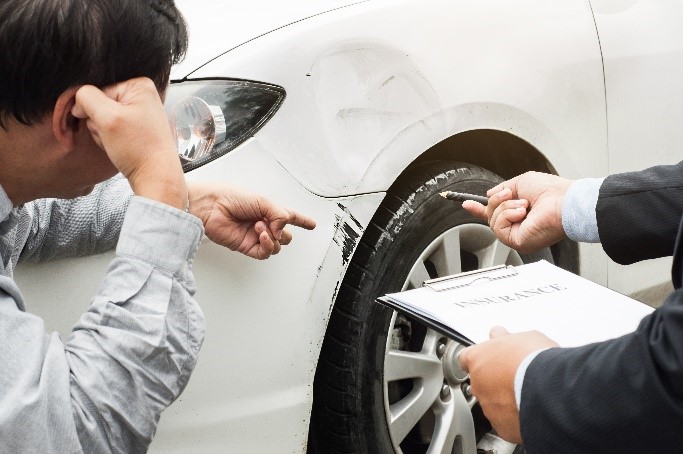Sooner or later retiring your keys and driver’s license will be the right thing to do to ensure the safety of everyone on the road. For some that time will come sooner rather than later, and determining exactly when that is can be difficult for families and aging individuals to navigate. Below we discuss three major signs that may indicate it’s time for a driver to retire their keys for good.

Declining Vision
Regular trips to the eye doctor for up to date vision tests is the best way to definitively determine if it’s safe to continue driving. Each state has their own laws regarding the age at which seniors must visit the DMV in order to keep their licenses. Most DMV locations also offer convenient vision tests and refresher courses for individuals over a certain age.
Confusion
Regularly getting lost or confused while behind the wheel is a major sign one should no longer be driving, especially if it happens in familiar locations. Regardless if the individual has experienced any other signs of memory loss or early dementia, becoming disoriented while driving should always be taken very seriously.

Property Damage
An increasing number of dents, dings, scratches and scrapes on one’s vehicle may hint at difficulties with night vision, depth perception, or delayed reflexes. Regularly assessing the vehicle for damages can help determine how often these mishaps occur and if they become more frequent.
Final Thoughts
Ensure your aging loved one can always get around comfortably and safely with professional transportation services. Home Instead Senior Care is a nationwide provider of home care and safe transportation services that help keep the rhythm of everyday life in place with rides to the hair salon, grocery store, worship services and other events. Contact us at (402) 205-8492 for more information.


